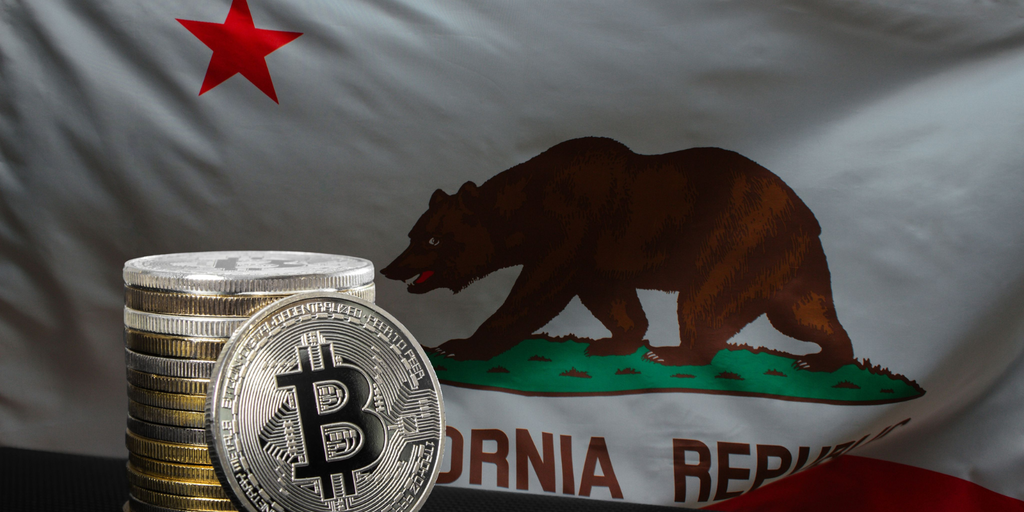Go to any run club in the world and there’s a good chance that everyone there has two things: a Garmin smartwatch to track their run and a Strava account to brag about it. Given the global running boom, it makes Strava’s lack of any modern, in-app training plans a curious and glaring omission. Or, at least, it was until today as Strava is acquiring Runna.
For those who don’t torture themselves with a 6AM daily run, this is big news — even if the companies are keeping mum on the deal’s financial details. Strava is the most well-known fitness social media app on the market. Meanwhile, Runna burst onto the scene in 2021 and has quickly climbed the app charts for folks in need of 5K, 10K, or marathon training plans. Since launch, it’s secured an additional $6.3 million in funding for its AI-powered run coaching, with users spanning 180 countries. In 2024, Runna also tripled the size of its team and is currently hiring roughly 50 roles to expand the product and tech. Peruse running subreddits or RunTok, and you’ll invariably see someone asking about or recommending the app.
The deal seems like a win-win for Strava and Runna. Strava gets to shore up one of its biggest weaknesses — the lack of running training plans. For Runna, it gets access to one of the largest online running communities and Strava’s coffers.
“For a while, Strava had created static, document-based plans for runners but the reality is those were used very, very infrequently,” Strava CEO Michael Martin says. According to the company’s research, the lack of guidance was a pain point for longtime users and newcomers to the app. “We came to realize that, as it related to runners, that guidance was training plans.”
There’ll be a short wait before Strava and Runna users see changes from the acquisition.
“Effectively, nothing changes for the user out of the gate. Our plan with this acquisition is to invest further into growing the Runna app, invest in the Runna team, and then continue to operate them as independent but in an integrated fashion,” Martin says, adding that once the deal is fully wrapped, users can expect to start seeing changes in the coming weeks and months.
“The ambition is to do things where it makes sense,” adds Runna cofounder and CEO Dom Maskell, who notes a more seamless integration between the two apps would help create a smoother user experience. “It’s like, the user comes on and they want to see what run they’re doing today. That sits in Runna, and then they want to go find a route for that run — that sits in Strava. Then, if they want live coaching, that’s on Runna and then Strava frankly has better tech than us for recording on your phone. At the moment, the user kind of gets passed off quite a lot of times.”
“…I genuinely believe this is an amazing thing for all users. I’m happy to tell everyone about it and sit on Reddit for the whole day to answer everyone’s questions.”
One thing that hasn’t been decided yet is how subscriptions will work. Strava has a free tier but charges $79.99 a year for premium features, while Runna costs $119.99 annually. While Runna currently uses Strava’s third-party API, until the details are hammered out, users will still need to subscribe to both services to get the full range of features. When pressed further on the issue, Martin says he envisions the Runna acquisition to be more akin to when the company bought Recover Athletics, a prehab and injury prevention app, than when it acquired FATMAP, a 3D-mapping platform. With a Strava subscription, Recover Athletics is essentially a free perk but functions as a separate app. FATMAP’s app, however, was retired in late 2024 and its tech/features were incorporated into Strava.
Subscriptions will be a thorny issue for both Strava and Runna users. Over the past few years, the r/Strava subreddit has been rife with accusations of enshittification, with many directing their ire toward the app paywalling features. Generally, users tend to react badly to any changes in subscriptions or smaller brands getting gobbled up by bigger ones. Case in point, in 2023, Strava hiked up subscription prices in a messy rollout that left users angry and confused. You only need to look at the reaction to Garmin’s recent subscription launch to know the Strava-Runna news may not go over well with some users — a fact Martin and Maskell are well aware of.
“We’ve got quite an active Reddit community, and I know there’s probably quite a large overlap between them and the strong voices in the comment section,” says Maskell. “We try to be very transparent and open with them, and I genuinely believe this is an amazing thing for all users. I’m happy to tell everyone about it and sit on Reddit for the whole day to answer everyone’s questions.”
“I’d be lying to not say it’s a challenge to think about investing in growth during a period such as this, but it’s so clearly the right thing to do,” Martin says, referring to the current uncertain economic climate. “This is very much a growth and investment play. This isn’t an efficiency play.”










 English (US) ·
English (US) ·